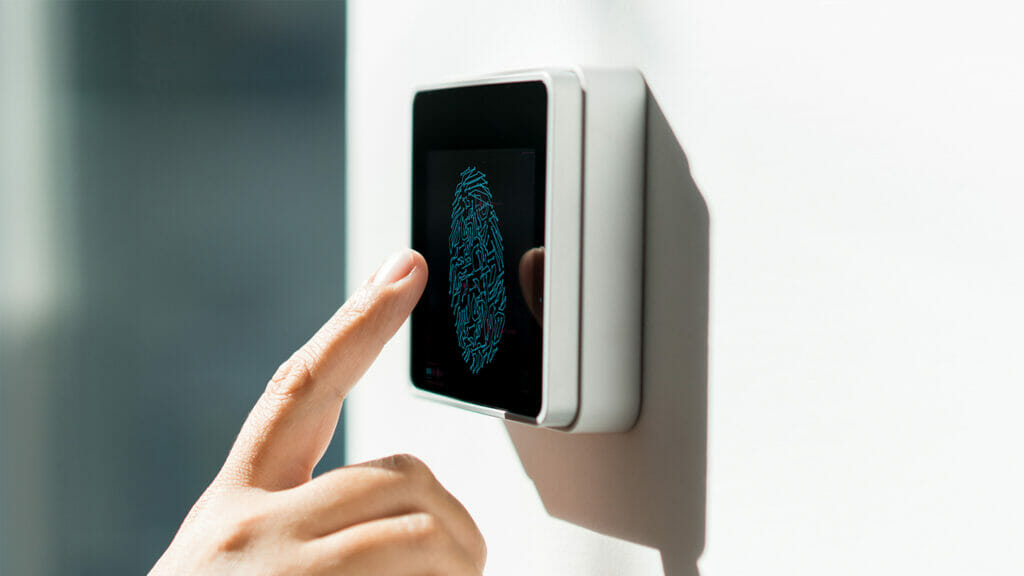
With so much optimism around the growing capabilities of artificial intelligence, researchers are evaluating whether the hype is warranted.
A recent investigation found that AI-enable devices are being marketed for medical uses or benefits without the requisite clearance by the US Food and Drug Administration that they are safe and/or effective.
The study revealed that roughly 20% of devices analyzed were either “discrepant” or “contentious” in terms of their marketing versus clearance.
For the inquiry, researchers at New York University reviewed 119 devices overall, including cardiovascular and radiological tools.
One example of a “discrepant” device the researchers called out is the NovaGuide Intelligent Ultrasound, used for monitoring blood flow to the brain, whose FDA clearance did not account for the AI component involved. The NovaGuide is not currently listed as an AI-enable device by the FDA, despite advertising that highlights its AI capabilities.
The specific FDA clearance 510(k), confirms that a medical device is at least as safe and effective as other tools on the market.
The marketing overreach may not necessarily be due to unscrupulous AI developers, but rather the newness of the technology and the federal government’s slowness to respond with regulation, the researchers note.
“Currently, there are no uniform guidelines set by the FDA to regulate AI- or ML-enabled medical devices,” the researchers noted. “Discrepancies between FDA-approved indications for use and device marketing require articulation.”
The FDA did draft new rules earlier this year that address how AI-enabled devices can be evaluated and modified to respond to new data, a TechTarget story noted.
AI’s ability for remote patient monitoring could be a boon for long-term care facilities, experts have noted, while developers have tried to balance these tools with patient privacy concerns, McKnight’s has reported.


